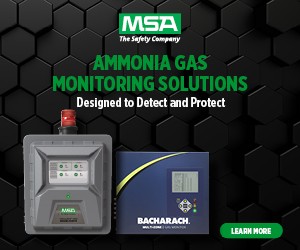President’s Message by Dave Rule
This issue of the Condenser is all about education and training. As you can see from our cover, IIAR is unveiling a new apprenticeship program which will help our industry safeguard the generations of institutional knowledge we rely on for the development of our future technicians, engineers and managers.
Read More


















